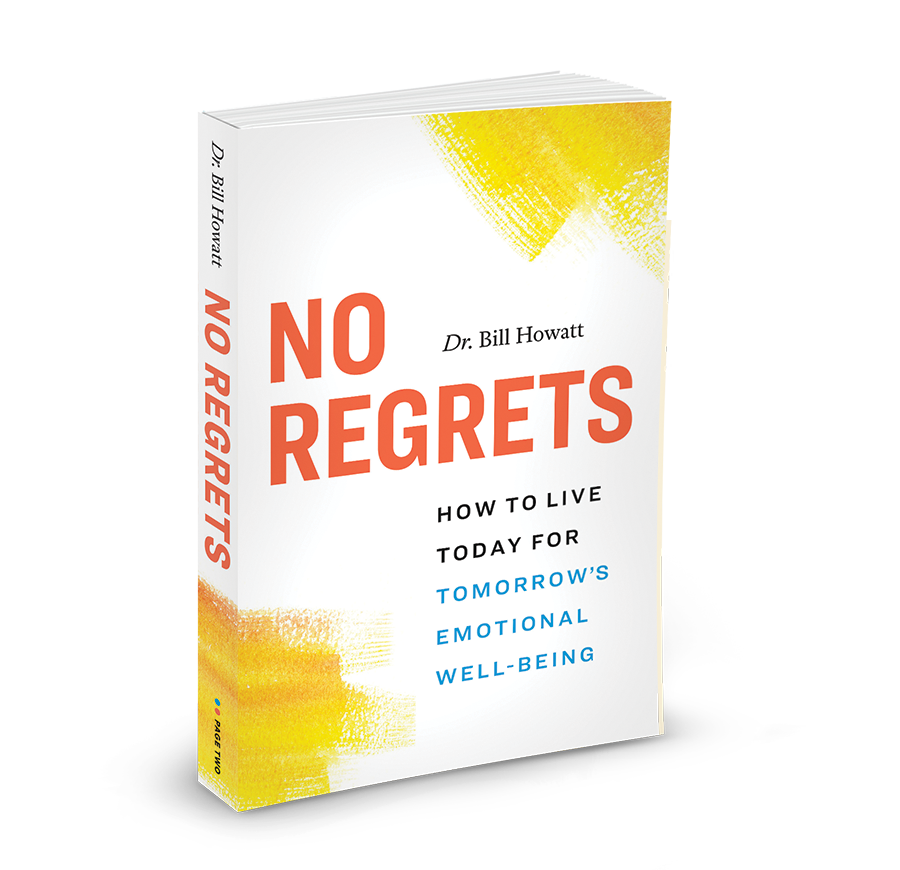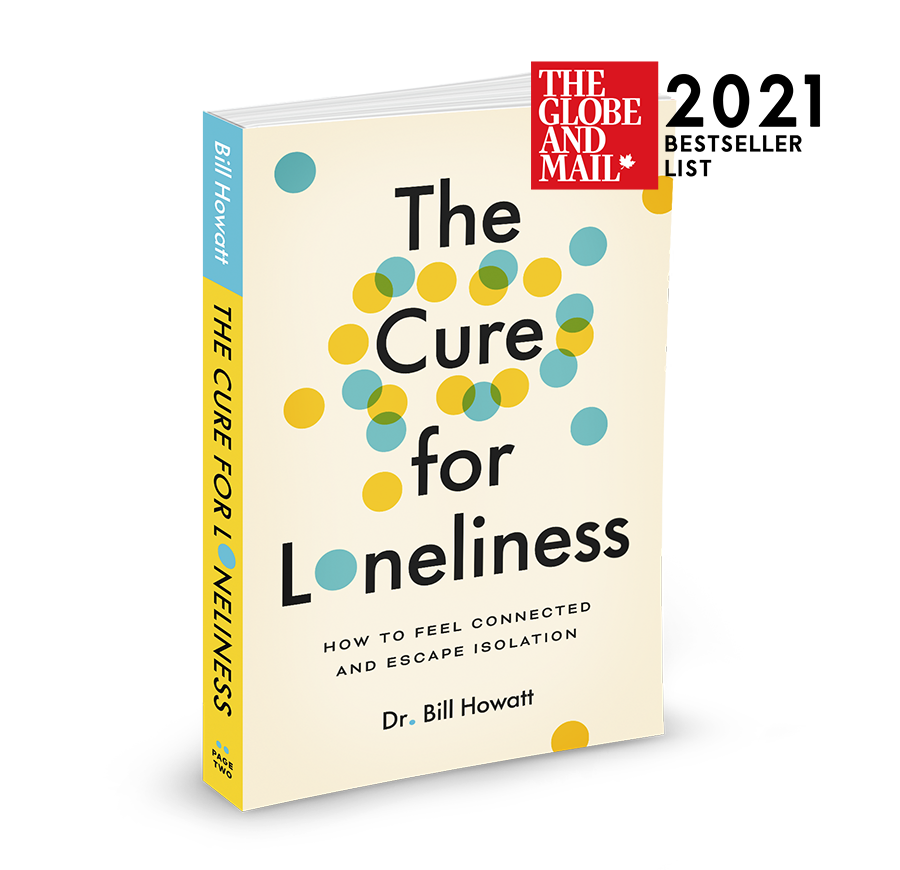The pandemic has changed how people socially interact
Among its disruptions to many people’s normal lives, COVID-19 has challenged their social well-being — confidence in their ability to have access to people who care about them.
Social well-being is influenced by the quality and number of social connections.
The pandemic has changed how people socially interact. Factors such as working remotely, sheltering restrictions, and fear of being around people who may have COVID have increased stress levels and how freely people connect socially.
Lower levels of social well-being can increase the risk of loneliness, chronic illness, and mental health concerns that include issues like anxiety, depression and addictive disorders.
Why this microskill matters
- As far back as 1905, Joseph Pratt found evidence of the power of psychological support in physical health and healing. Patients who had strong relationships achieved better health outcomes.
- One study with 309,000 people reported those with lower social well-being were at 50 per cent increased risk of premature death from all causes — an effect on mortality roughly comparable to smoking up to 15 cigarettes a day, and greater than obesity and physical inactivity.
Reactions to the distress of feeling isolated or lonely by a person with lower levels of social well-being are often opposite to what they crave.
Distress is a warning sign that the person is experiencing a difference between what they want and what they have. Most people who experience distress would like to have this stress removed.
They can improve their social well-being by socially connecting with others with whom they feel safe and share values.
The paradox effect is when the person experiences stress because they feel isolated or lonely they withdraw and have little desire to engage others.
Why? Perhaps it’s a kind of self-protection to reduce their risk of being rejected. Or because stress has caused fatigue and lowered their energy and drive.
Humans need humans. It’s an evolutionary need no different than food or water.
In the absence of social connections, the body is stressed both physically and psychologically. Emotional pain hurts. Positively impacting social well-being requires intention and action.
Improve your mental fitness by:
Become a student
There may be no greater power for humans than knowledge. Just because we don’t know how electricity runs through wires doesn’t mean it doesn’t happen.
The point is there are many things we don’t know, and we would be naïve to believe there are no options. Bibliotherapy is a technique where a person with a personal challenge can gain insights through self-study and reflection.
One way to gain knowledge is through reading or listening to content written to address a human challenge.
I recently wrote The Cure to Loneliness to provide people with a frame of reference for closing social connections gaps to enable them to unlock mental traps preventing them from trying to interact socially and help them build and maintain authentic connections.
Many other wonderful resources help people move away from feelings of isolation and loneliness.
Write out your social connections activity
Reaching out to people can sometimes feel like getting on a StairMaster. You know it’s good for you but you’re tired.
Just as you may feel tired but emotionally charged after exercise, intentionally socializing can produce a similar feeling. But if a personal or work relationship is missing or distracting you, it may be draining your social well-being.
To offset areas of your life that may not be as you like, it’s important to keep as socially active as possible. Many times, there is a friend or family member to call.
Get coping skills training
Sometimes, what stops a person is their thoughts.
One doesn’t have to have a mental illness to not feel confident in their ability to deal with personal challenges. Many are lonely because they lack the skills to cope or resiliency to push through their emotions and negative thoughts.
One way to build social well-being is to develop better coping skills to deal with adversity — yes, rejection and disappointment.
One challenge with human relationships is they are chosen and can never be forced.
We all get to choose who we want to be around, and so do they. The brutal fact is that sometimes they may not choose to be around us.


